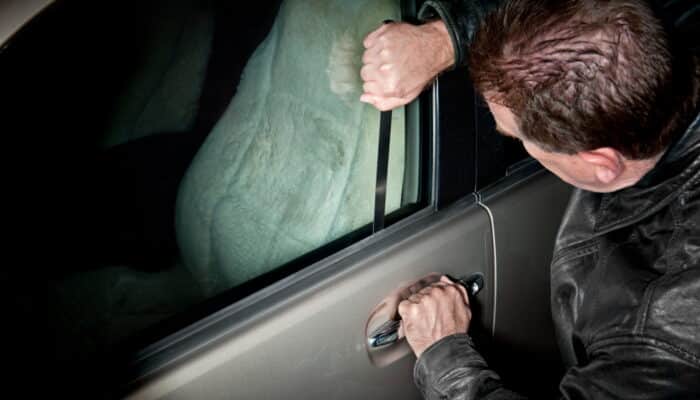CRIMINAL ACTIVITY including, assaults, batteries and shootings can happen anywhere, such as shopping centers, bars, gas stations, and school campuses, among others.
Florida is currently ranked third in the United States for the number of mass shootings, however, such shootings usually involve just one or two victims. While the shooter is certainly responsible for the attack, property owners and managers may have some legal liability, fault, or negligence (breach of duty) if they failed to provide adequate security for patrons, visitors, and/or guests.
When a shooting occurs, it is common for a lawsuit to follow, usually against the owner of the property or even a security company or event organizer. This situation is due to property owners owing a duty of care under Florida law. If an individual or family has been the victim of a shooting on someone else’s property, they may have a claim against the property owner if said property owner were negligent in protecting guests and customers and had reason to foresee the potential for a shooting.
How is it determined if a crime was foreseeable? Determining whether a crime was foreseeable is dependent upon many factors, including:
- If similar crimes have happened in the past at the property or similar types of property;
- The crime rate in the area-using GRIDS; and
- If the perpetrator of the crime was a known potential threat.
While criminal activity including shootings can happen anywhere, common places for shootings as well as other crimes where an injured party might be able to sue the premises owner include: Parking lots; Commercial building; Apartment complexes and condo buildings; Retail stores, shopping centers, Strip malls, Mini malls; Outside a bar; Convenience Store; School and Childcare facility; ATM; Storage facility; Grocery store; Casino; Laundromat; Sporting events; Office building; Amusement park; Nursing home; Airport; Church; Restaurant; Concert venues and theaters; Hotel; Hospital; and Government facility.
GRIDS can help in proving fault or liability on the establishment or property owner. Specifically, for negligence cases, including negligent security, obtaining police Crime Grid Reports help plaintiff lawyers’ ability to satisfy their burden of proof. In general, a Crime Grid Report is a spreadsheet or database which tracks crime or criminal incidents in a particular area. Additionally, this spreadsheet separates each incident by the type of crime allegedly committed in a particular area. While each area tracks and documents such incidents differently, every Grid report can provide helpful information to prove a negligent security case.
Who can sue for a death caused by criminal activity? Not everyone can recover damages after losing a loved one in a shooting or other criminal activity in Florida. Usually, only the following can sue in a lawsuit for a death caused by criminal activity, include: Spouse; Children under 25; Children over 25 if there is no surviving spouse; Parents if there are no other survivors; and Financially dependent blood relatives if the dependence was quite significant (as in the case of someone with a total disability).
Premises liability is an area of law in Florida which allows property owners and managers to be held responsible or liable for injuries and crimes that occur on their property due to unsafe conditions or negligent security.
Under Florida law, property owners owe a duty of care to residents, guests, and/or customers to maintain a safe property free of hazards and conditions that encourage or allow crime to occur.
This duty of care owed by a property owner is limited. Property owners are not required to warn visitors about obvious hazards nor are they expected to protect guests and customers from unforeseeable risks that require unreasonable protection. For instance, a property owner cannot be expected to predict a hurricane, nor can they foresee and plan for all types of crime.
When certain elements are met, however, property owners can be liable for a criminal activity which occurs on their property.
Premises liability cases are particularly difficult, but there are cases in which a property owner can be legally liable for a crime committed by a third party on the subject property. In most cases, these claims involve negligent security.
Proving a premises liability case involving a crime requires proving:
- The premises owner owed a duty of care to the victim. Trespassers are owed the least duty of care while customers are owed the highest duty;
- The duty of care was breached. In the case of a crime, this usually means the owner did not provide adequate security and should have foreseen that a violent crime could occur;
- The breach of duty led to the injury; and
- The victim suffered damages in the said crime or criminal activity.
If you have any additional Questions regarding the foregoing or have any legal issue or concern, please contact the law firm of CASERTA & SPIRITI in Miami Lakes, Florida.

